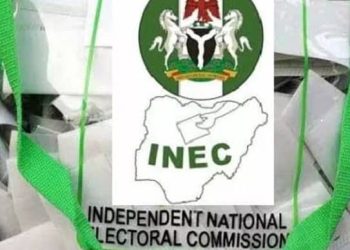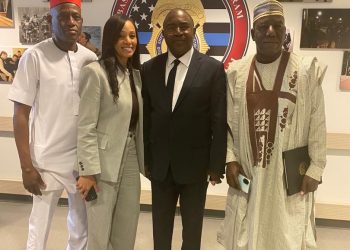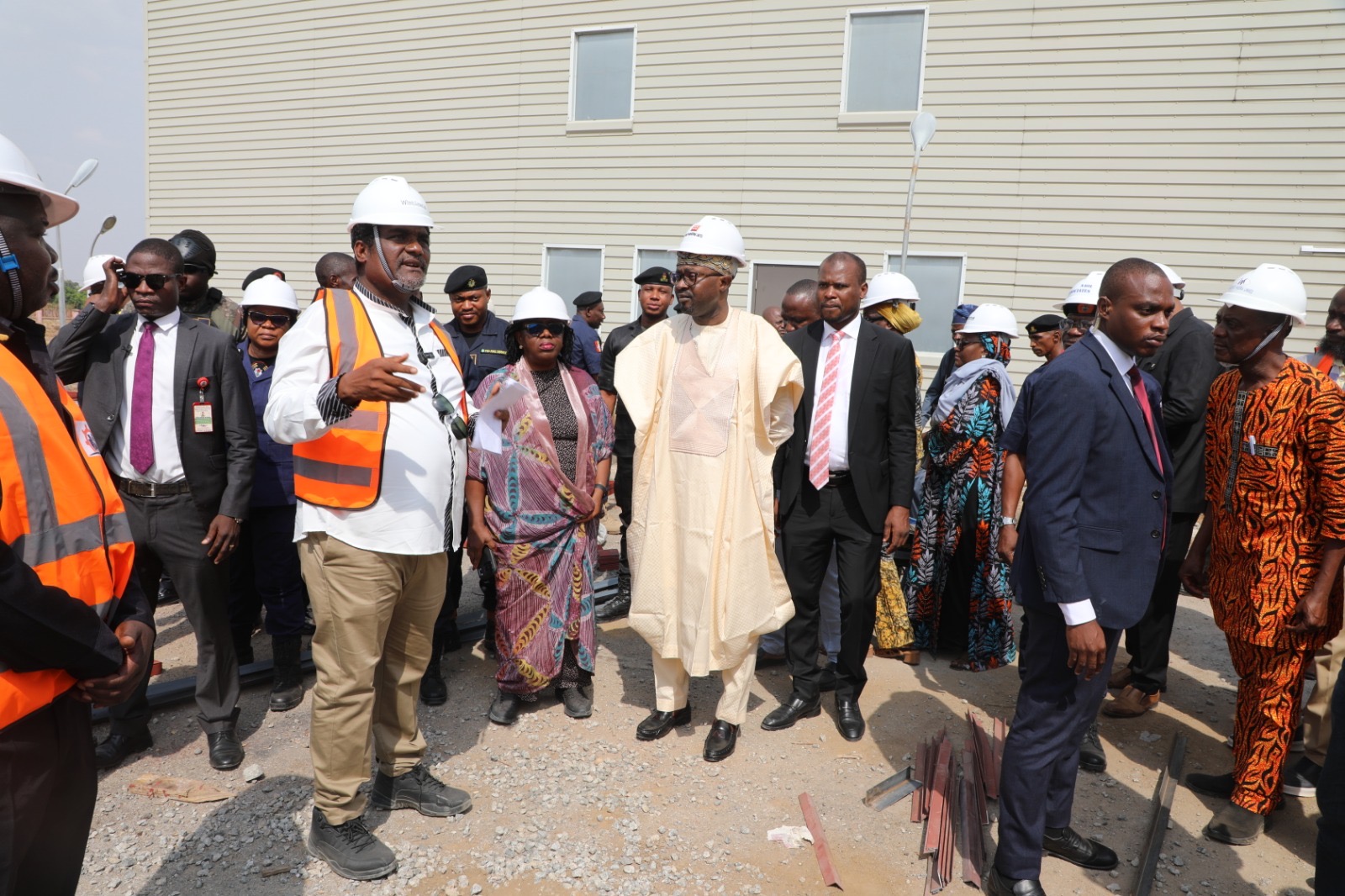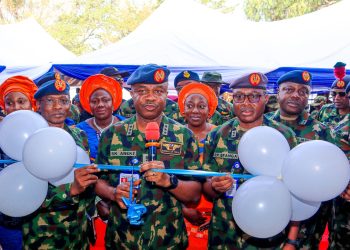By Nkechi Eze
The Executive Chairman of the Economic and Financial Crimes Commission (EFCC), Mr. Ola Olukoyede, has called for mandatory integrity tests for public officers across all Ministries, Departments, and Agencies (MDAs) of government as a proactive step toward curbing corruption and financial crimes in Nigeria.
According to a statement signed by the Commission’s spokesperson, Dele Oyewale, Olukoyede made this call on Tuesday, July 8, 2025, while speaking at the ongoing National Conference on Public Accounts and Fiscal Governance in Abuja. The conference was convened by the Public Accounts Committees of both chambers of the National Assembly. Represented by the EFCC’s Director of Public Affairs, Commander of the EFCC, CE Wilson Uwujaren, the anti-graft chief emphasized that systemic accountability begins with individual integrity.
“No system will work without the right people,” Olukoyede stated. “That’s why the EFCC is pushing for integrity testing for public officers across all MDAs.”
He lamented the persistent gap between policy formulation and the actual impact on the lives of ordinary Nigerians, blaming the shortfall on systemic weaknesses within public institutions. According to him, despite years of reforms and development blueprints, inefficiency, corruption, and waste continue to undermine national development goals.
“Despite years of reforms and development plans, the gap between policy intent and public impact remains wide,” he said. “A major part of the problem lies in systemic weaknesses that encourage waste, inefficiency, and outright theft of public resources.”
He cited several vulnerabilities, including non-compliance with financial regulations, approval of expenditures beyond authorized limits, the diversion of public funds into private accounts, and unapproved Duty Tour Allowances (DTA). Other issues highlighted were budget padding, weak oversight, and opaque financial reporting, particularly in the oil and gas sector.
Olukoyede did not spare the legislature in his call for accountability, stating that no arm of government should be exempt from the obligation to be fiscally transparent.
“Parliament cannot demand accountability if it doesn’t practice it. Fiscal integrity must be the norm in all organs of government,” he warned. “Legislators must embrace transparent appropriation, resist personal enrichment schemes, and any action that erodes public trust.”
Speaking on the Commission’s recent priorities, the EFCC Chairman explained that the agency is not only focused on recovering stolen assets but has adopted a proactive stance to stop financial crimes before they occur. He pointed to the establishment of the new Fraud Risk Assessment and Control Department as a key reform aimed at strengthening internal controls within MDAs.
“We established the Fraud Risk Assessment and Control Department to strengthen internal controls in MDAs,” he said. “We have also strengthened synergy and collaboration with other international and local law enforcement agencies to proactively stop illicit financial flows.”
Highlighting the agency’s recovery efforts, Olukoyede revealed that stolen funds have been recovered and returned to institutions such as the Niger Delta Development Commission (NDDC) and NOK University. He also noted that proceeds of crime recovered by the Commission were utilized as take-off funds for major government-backed social intervention schemes, including the Nigerian Education Loan Fund (NELFund) and the Consumer Credit Scheme.
“We are now more focused on proactive anti-corruption strategies,” he stated. “It’s no longer just about chasing after stolen funds, but about making sure the crimes don’t happen in the first place.”
Olukoyede applauded the ongoing fiscal reforms introduced by the current administration, particularly the removal of fuel subsidies and the unification of exchange rates, describing them as bold steps that would enhance fiscal transparency.
He ended his address with a call for heightened public vigilance.
“This time we are in calls for greater vigilance by all stakeholders in the Nigerian project, public officers, non-state actors, and members of the public,” Olukoyede said.
The conference brought together high-ranking lawmakers, civil society actors, government officials, and financial experts to chart a more transparent and accountable future for Nigeria’s fiscal governance system.
















